Fall 2022
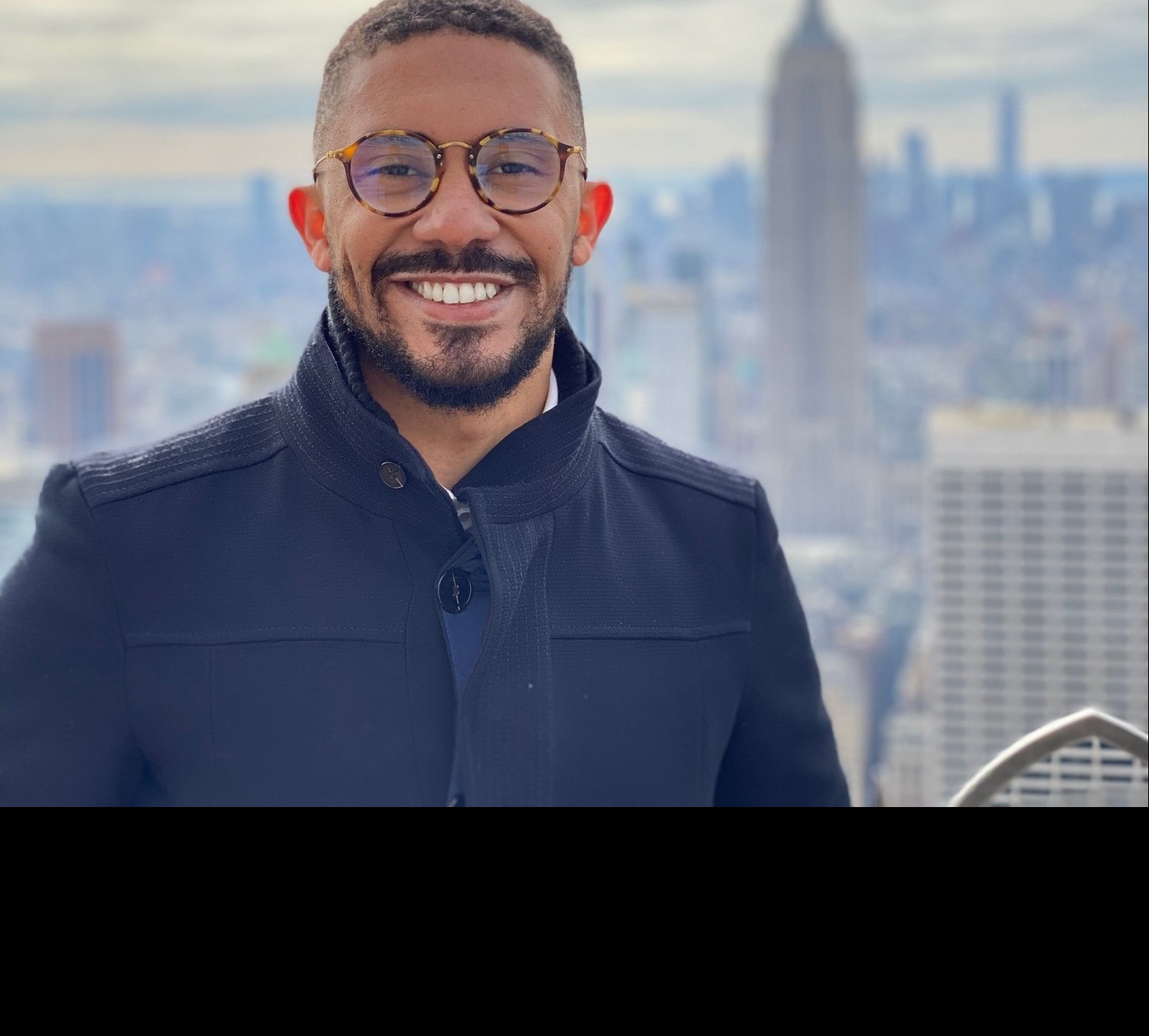
Thiago de Souza Amparo is a professor at FGV Direito SP and FGV International Relations School, teaching courses on human rights, international law, and discrimination law. Since 2017, Amparo has taught courses on a wide range of issues, such as international public law, race, and gender in the judicial system, policing and the law, hate crimes, and related topics. Amparo is a lawyer, with a bachelor's degree from PUC-SP (Sao Paulo, Brazil), a master's degree in human rights (LLM) from the Central European University (Budapest, Hungary), and a Ph.D. from the same university with a thesis on discrimination law in Brazil, South Africa, and the United States and its relation with conservative legal mobilization before apex courts. He was a visiting scholar at Columbia University (New York - United States) in 2014, and a postdoctoral fellow at New York University (NYU) for Fall 2021. During this research period, Amparo has written a paper on necropolitics and the law in Brazil available here. He is an expert in constitutional law, public policy as well as diversity, and antidiscrimination law. In this capacity, Amparo has worked as a consultant for companies and foundations about diversity and inclusion and ESG. He was deputy secretary of human rights and citizenship at the São Paulo City Hall between January and May 2017. He writes weekly for the main newspaper in Brazil, Folha de S. Paulo, and is an editorial board member for the same newspaper.
Spring 2022
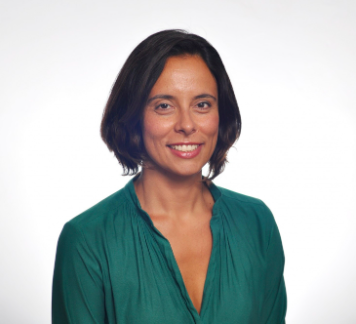
Joana Monteiro is a professor of public policy at the Brazilian School of Public and Business Administration at Getulio Vargas Foundation (FGV/EBAPE) and the head of the Center for Applied Research to Public Security. She worked as the head of research at the Rio de Janeiro State's Attorney Office (2019-2021) and the head of the Institute of Public Security (ISP) (2015-2018). In both positions, Joana led initiatives to improve the use of evidence by Public Security and Criminal Justice agencies, having implemented projects to facilitate data analytics and to improve transparency to citizens. Joana holds a Ph.D. and a MA in economics from the Catholic University of Rio de Janeiro (PUC-Rio) and was a research fellow at the Center for International Development at Harvard University (2009-2012). She is an expert in the impact evaluation of public policies and her research has been published in journals such as the Review of Economics and Statistics, Journal of Development Economics, the Security Journal, and Crime Science.
Fall 2021
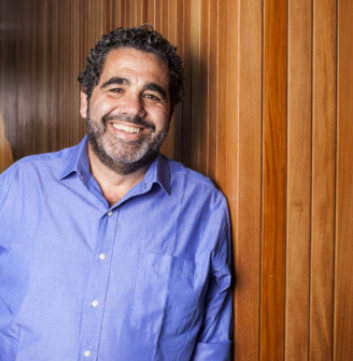
Marcelo Furtado has over 30 years of experience working in the sustainability field, committed to advancing environmental and social justice through advocacy and philanthropy. Most recently, he became a partner at the start-up ZScore/BlockC, a traceability platform for environmental assets using blockchain technology. Prior to this, he was the CEO of Alana Foundation and Arapyaú institute, family foundations that promote sustainability, social justice, and education. Marcelo is a co-founder and was the facilitator of the Brazilian Coalition on Climate Forest and Agriculture, a multi-stakeholder forum with representatives from academia, business and civil society to implement a just and sustainable low-carbon economy focused on land use issues. He is also a co-founder of the Climate & Sovereignty Centre, a think tank on Defence and Climate issues. Marcelo also spent twenty-four years at Greenpeace where he served as Executive Director of Greenpeace Brazil and was previously Head of the Forest, Climate & Energy, and Toxics and Oceans campaigns in Brazil. At Greenpeace International, he worked for fifteen years as a policy adviser on Climate & Energy, and Industrial Pollution. He also coordinated the Latin American and later the global Toxic Trade Campaign on the promotion of clean technology and the worldwide ban on hazardous waste trade. Marcelo is a chemical engineer by training with a master’s degree in renewable energy. He is a Yale World Fellow and currently serves as the Board Chair at World Resources Institute (WRI) Brazil. He is also a Board member of Conectas Human Rights. He is also a member of the sustainability committees of Duratex SA and Marfrig SA.
2020–2021 Academic Year
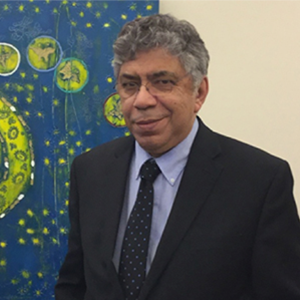
Otaviano Canuto dos Santos Filho is a well-respected researcher, thought leader, and author in economics with experience managing knowledge networks and providing strategic advice to senior management of multilateral institutions and governments. His experience includes fifteen years as vice president, executive director, or senior adviser in multilateral institutions (World Bank Group, International Monetary Fund and Inter-American Development Bank), twenty years as a professor of economics, and a year as vice minister in the Brazilian Ministry of Finance. He is recognized as a results-driven leader of teams dealing with complex policy issues and integrating research results, and is consistently acknowledged for having a deep understanding of economic trends of the global economy, Latin America, and the Caribbean.
Fall 2019
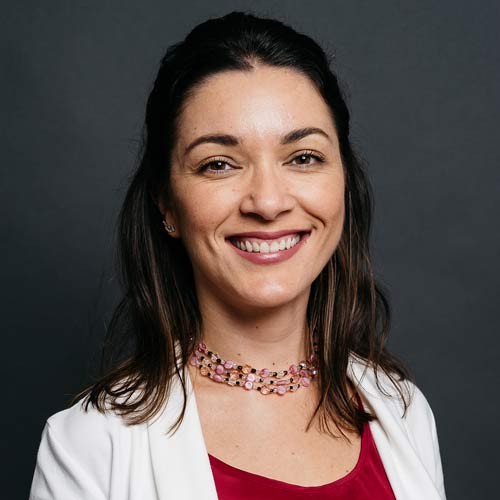
Ilona Szabó de Carvalho is a civic entrepreneur, co-founder and executive director of the Igarapé Institute – a leading think and do tank in the Global South, which generates pioneering research, new technologies, and policy on the intersections of security, climate and development issues. She is also the co-founder of the Agora Movement which aims to build a new vision and project for Brazil. She was the executive coordinator of the Global Commission on Drug Policy between (2011-2016) . She earned a Master’s Degree in Peace and Conflict Studies from the University of Uppsala in Sweden and is currently a Lemann Visiting Public Policy Fellow at Columbia University in NY. Ilona was nominated a Young Global Leader at the World Economic Forum in 2015. She is a columnist at Folha de São Paulo and the author of the two books.
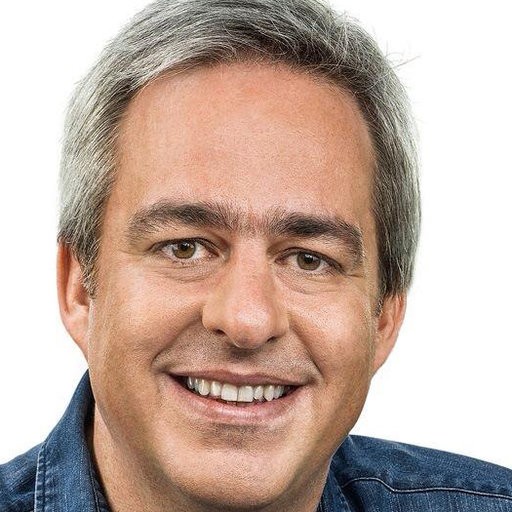
Alexandre Schneider was Secretary of Education of the city of São Paulo for two terms. In his term, the city universalized pre-school attendance and reached 61% of the children from 0 to 3 years old enrolled in the city’s nursery schools. Also in his term, the city developed the first curriculum aligned to Brazilian Base Nacional Comum and UN’ SDGs. Mr. Schneider has a long experience in designing and implementing public policies in several areas like public safety, transportation, and education. He is a Lemman Fellow and a visiting researcher at ILAS/SIPA a researcher with papers published in academic reviews like the Economic Journal and Journal of Quantitative Criminology. He is also a columnist of Folha de São Paulo, one of Brazil’s major media groups.
